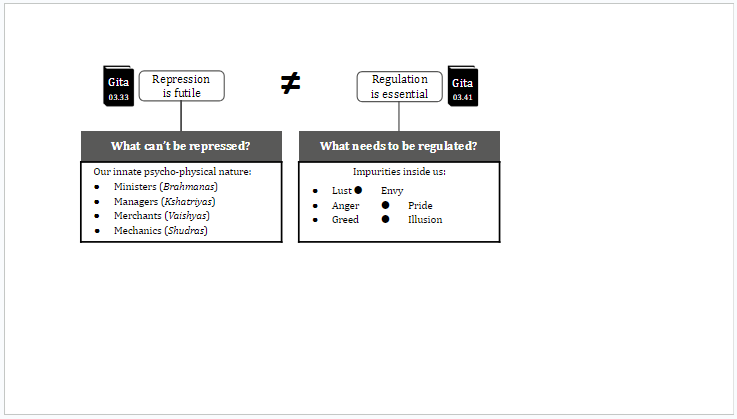
The difference between repression and regulation – Toward the end of the Bhagavad-gita’s third chapter, Krishna declares that repression is futile (03.33). Yet in the very next section (03.36-43), he declares that regulation is essential (03.41).
Isn’t there a contradiction here: first asserting the futility of repression and then asserting the necessity of something that sounds similar, regulation? No, because these two assertions are meant for two distinctly different facets of our inner world.
Inside us are some unhealthy impressions that are associated with impurities such as lust, anger and greed. These can impel us to harm others or even harm ourselves; they need to be regulated if we are to live even a materially responsible or respectable life, leave alone a spiritually progressive life.
Simultaneously, inside us are impressions associated with our innate psychophysical nature. While this nature can be classified in various ways from various perspectives, the Gita classifies it into four broad human types according to four major occupational groups: ministers, managers, merchants and mechanics. Our psychophysical nature is largely unchangeable and we need to live with it — or rather, make the most of it, because it is our basis for playing our part in society and possibly making a significant contribution to the social order. However, when that social role requires us to do something unpleasant, we may be tempted to repress our nature. Such repression is unnatural, unsustainable and undesirable.
In the Gita’s context, Arjuna was preferring the brahminical option of peacefulness and forgiveness instead of the kshatriya option of protection and justice which was natural to him and necessary for protecting society from the forces of adharma, headed by Duryodhna. Krishna, therefore, told him to not repress his nature, but stick to his natural duty — while regulating the greed for power that had distorted Duryodhana’s kshatriya nature.
One-sentence summary:
To bring out our best, we need regulation of our self-defeating passions, but not repression of our psychophysical nature.
Think it over:
- Why might the last section of the Gita’s third chapter seem contradictory?
- Which part of us needs regulation? Why?
- Which part of us can’t be repressed? Why not?
***
03.33: Even a man of knowledge acts according to his own nature, for everyone follows the nature he has acquired from the three modes. What can repression accomplish?
To know more about this verse, please click on the image

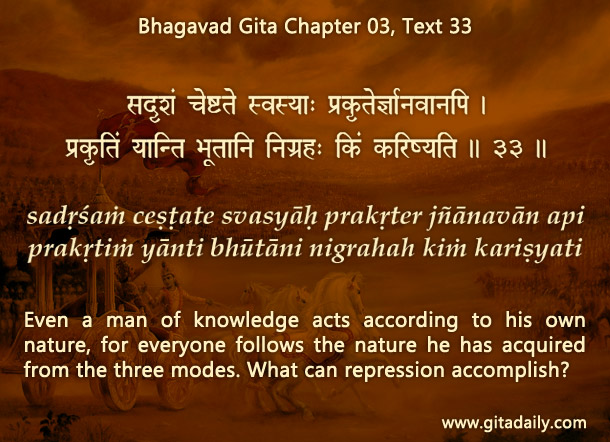

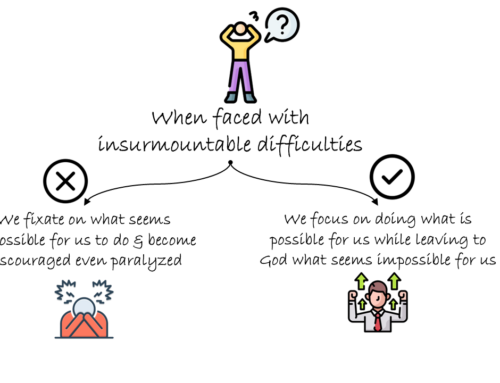

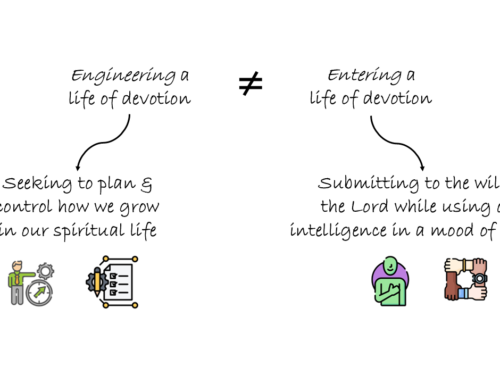

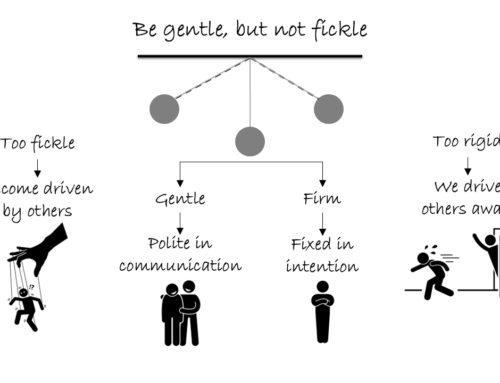
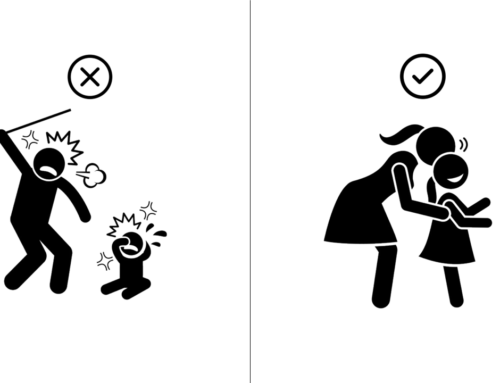
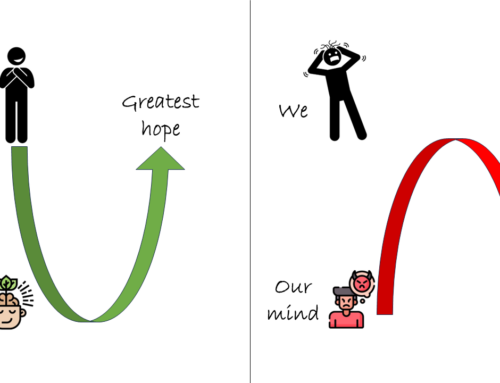

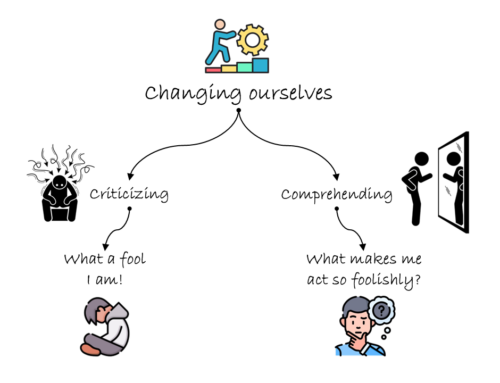
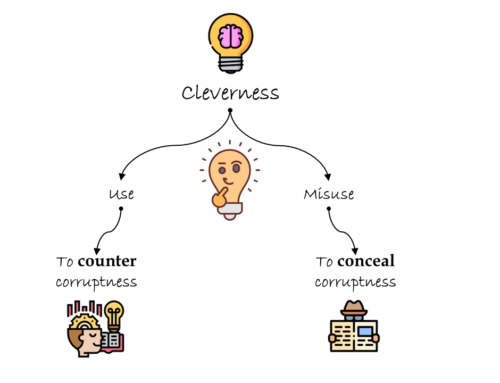
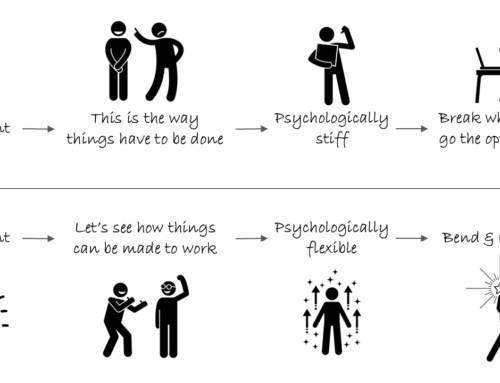
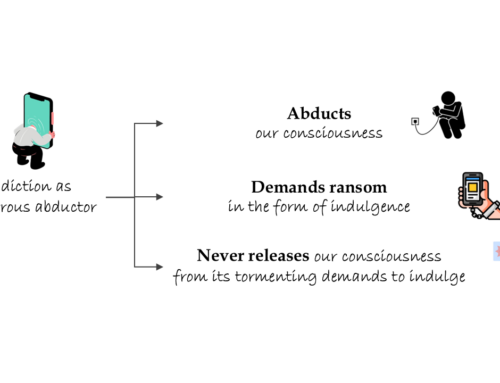
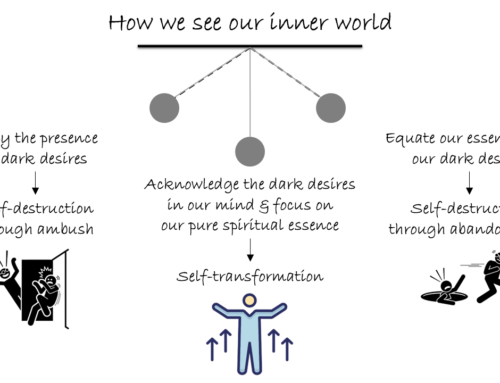
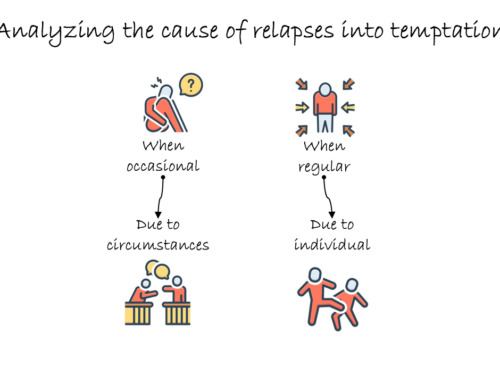

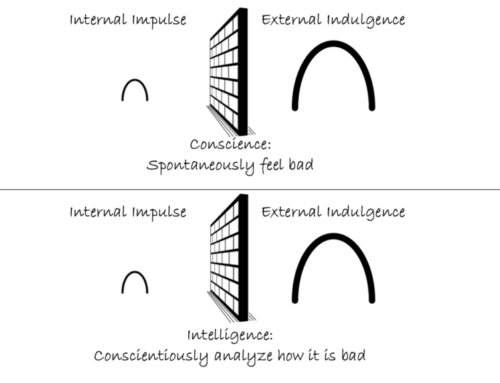
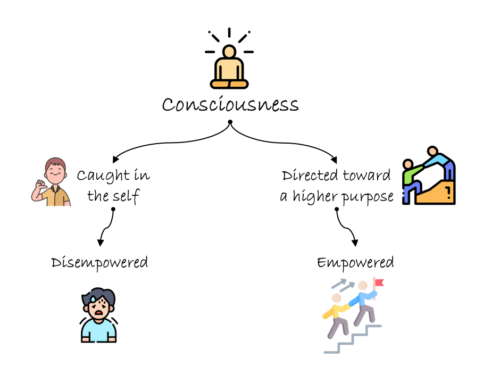
Leave A Comment